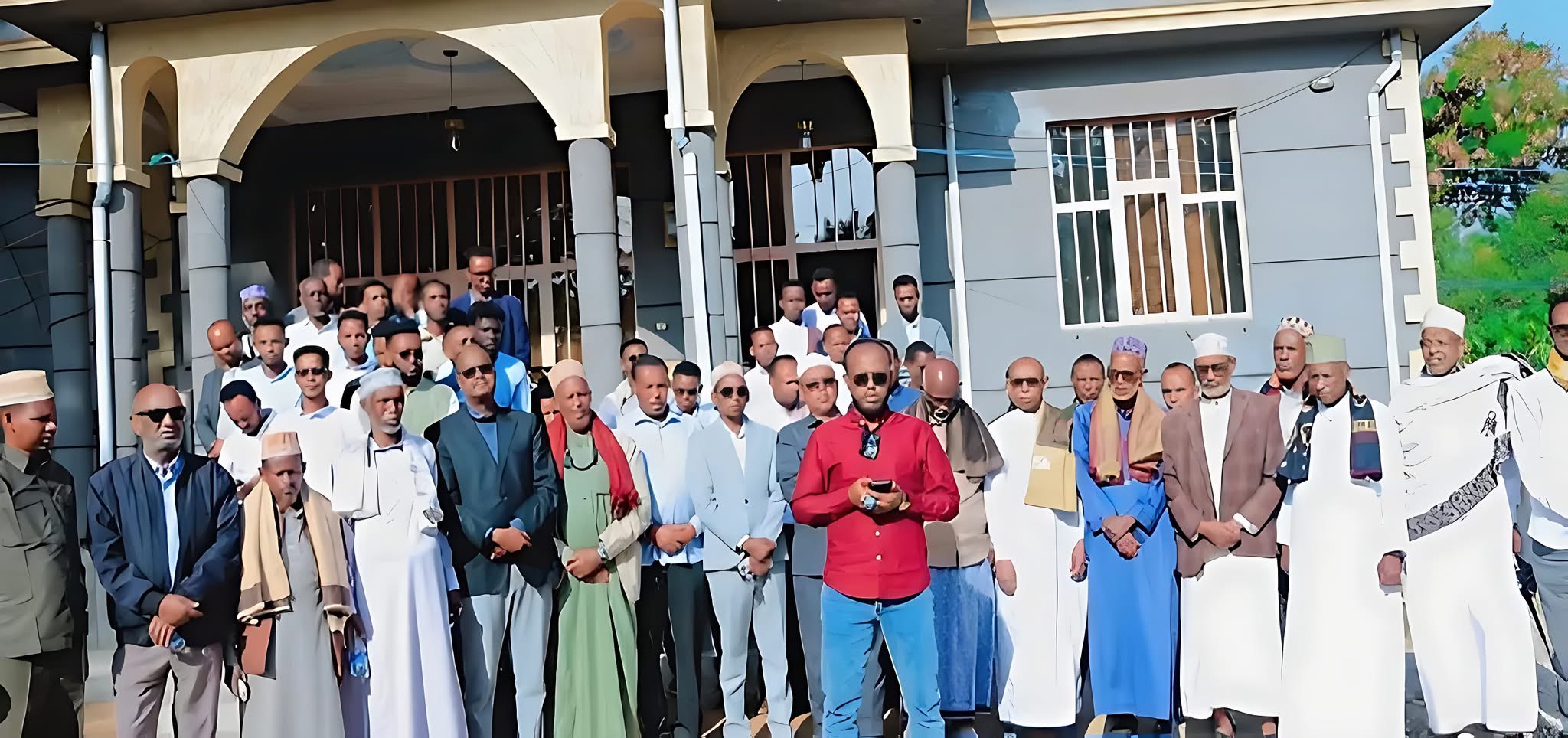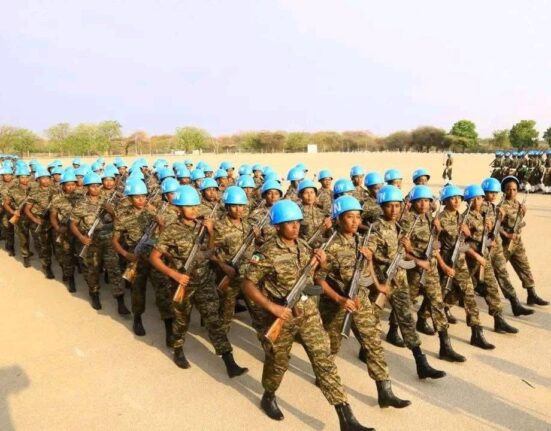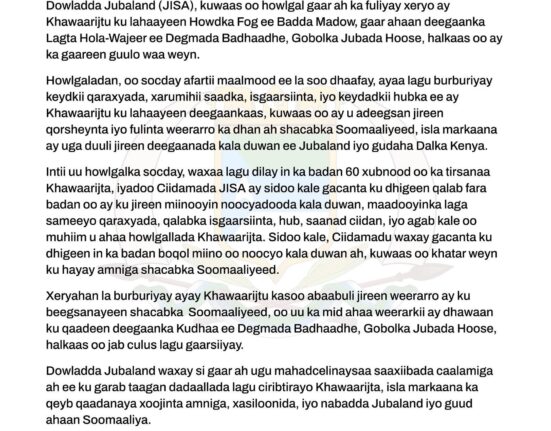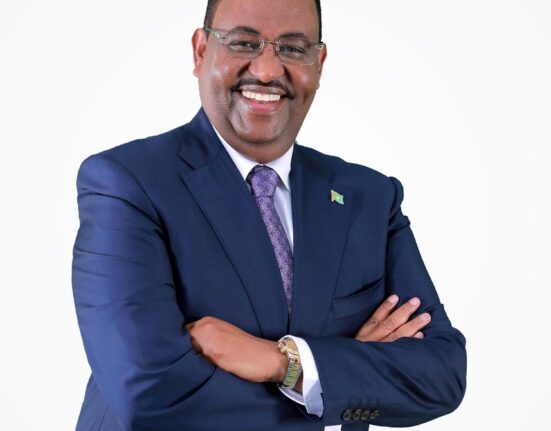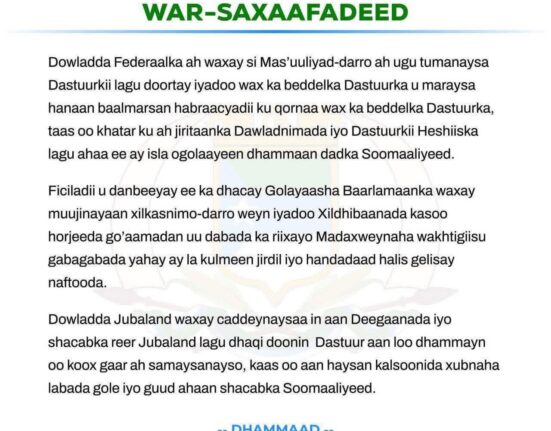Date: July 25, 2025
Source: HornCurrent.com
Reporter: Independent Desk Analyst
The Somali Regional State of Ethiopia is once again engulfed in widespread civil unrest, following controversial administrative decisions taken by regional authorities. The recent nomination of new zones, woredas (districts), and city councils—carried out without public consultation or community engagement—has sparked a wave of protests across the region.
The epicenters of this unrest include Afder, Nogob, Shabelle, Qoraxay, and parts of Fafan zones, where demonstrators have filled the streets demanding justice, transparency, and fair representation. Community elders, local intellectuals, youth groups, and women have been at the forefront of these peaceful protests, voicing their strong rejection of what they describe as “tribalized, unjust, and provocative decisions” by the regional leadership.
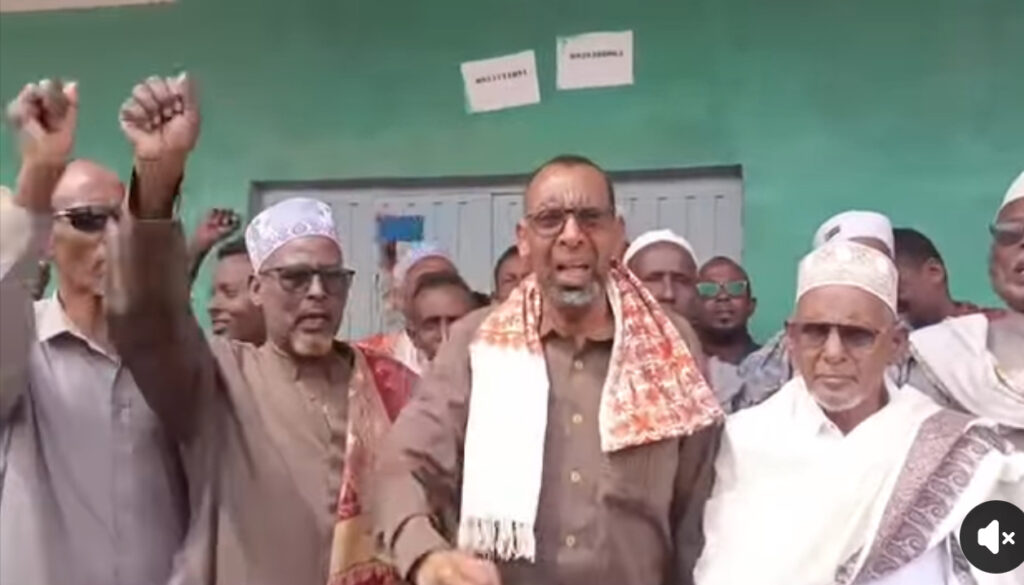
Allegations of Favoritism and Tribal Bias
Many protesters accuse the Somali Regional Government of using the restructuring process to favor certain clans while marginalizing others. “This is not just about administrative boundaries,” said one elder from Qoraxay Zone. “It is about justice, equality, and peace. When a government ignores these values, the people will rise.”
Critics argue that the nomination process lacked transparency and was executed without meaningful assessments or consultations with local communities. Instead, they say, appointments and boundary changes were driven by clan favoritism and elite interests—undermining trust in the government and exacerbating inter-clan tensions.
Border Disputes Reignited
The unrest has also reignited longstanding border disputes between the Somali and Oromia regions. According to analysts interviewed by HornCurrent.com, some of the newly proposed administrative zones and woredas fall within disputed territories. The designation of Guradamole as a new zone and changes around Shaakiso, both contested areas between Somali and Oromo communities, have raised alarm among peace advocates.
Experts warn that such unilateral decisions—particularly in sensitive borderlands—could trigger fresh ethnic conflicts. “These moves can escalate already tense situations,” one anonymous expert stated. “The federal government must not overlook these dangers.”
Similarly, the nomination of new woredas in Cobasha, part of the contentious Fafan zone, is being viewed as another flashpoint. Local voices suggest that decisions affecting disputed areas should be made in collaboration with both regions, under federal oversight, and with careful peacebuilding considerations.
Calls for Federal Government Intervention
In the wake of these developments, protesters and community leaders are appealing directly to the federal government to intervene. Many see the actions of the Somali Regional Administration as a direct threat to peace, federal cohesion, and democratic governance.
“The federal government must protect the constitutional rights of all Ethiopian citizens,” a protest organizer from Shabelle Zone told HornCurrent. “We are calling for justice, not revenge. But if our voices are ignored, this crisis could spiral.”
Security Concerns Silencing Voices
Several intellectuals who contributed their analysis for this article requested anonymity, citing fears of government retaliation. Their decision to remain unnamed underscores the deteriorating climate for free speech and public discourse in the Somali Region.
They warned that, unless the federal government steps in, the situation could deteriorate further. “This is not just about the Somali Region,” one analyst concluded. “It’s about the stability of Ethiopia as a whole. If communities feel excluded or disrespected, unrest will continue.”
Final Thoughts
The unfolding unrest in the Somali Region is not just a local administrative issue—it is a warning sign. When governance fails to reflect inclusivity, justice, and public dialogue, instability takes root. For Ethiopia’s federal system to survive and thrive, regional governments must operate with transparency, fairness, and a deep respect for the voices of their people. Ignoring this will only deepen the cracks in an already fragile federation.


